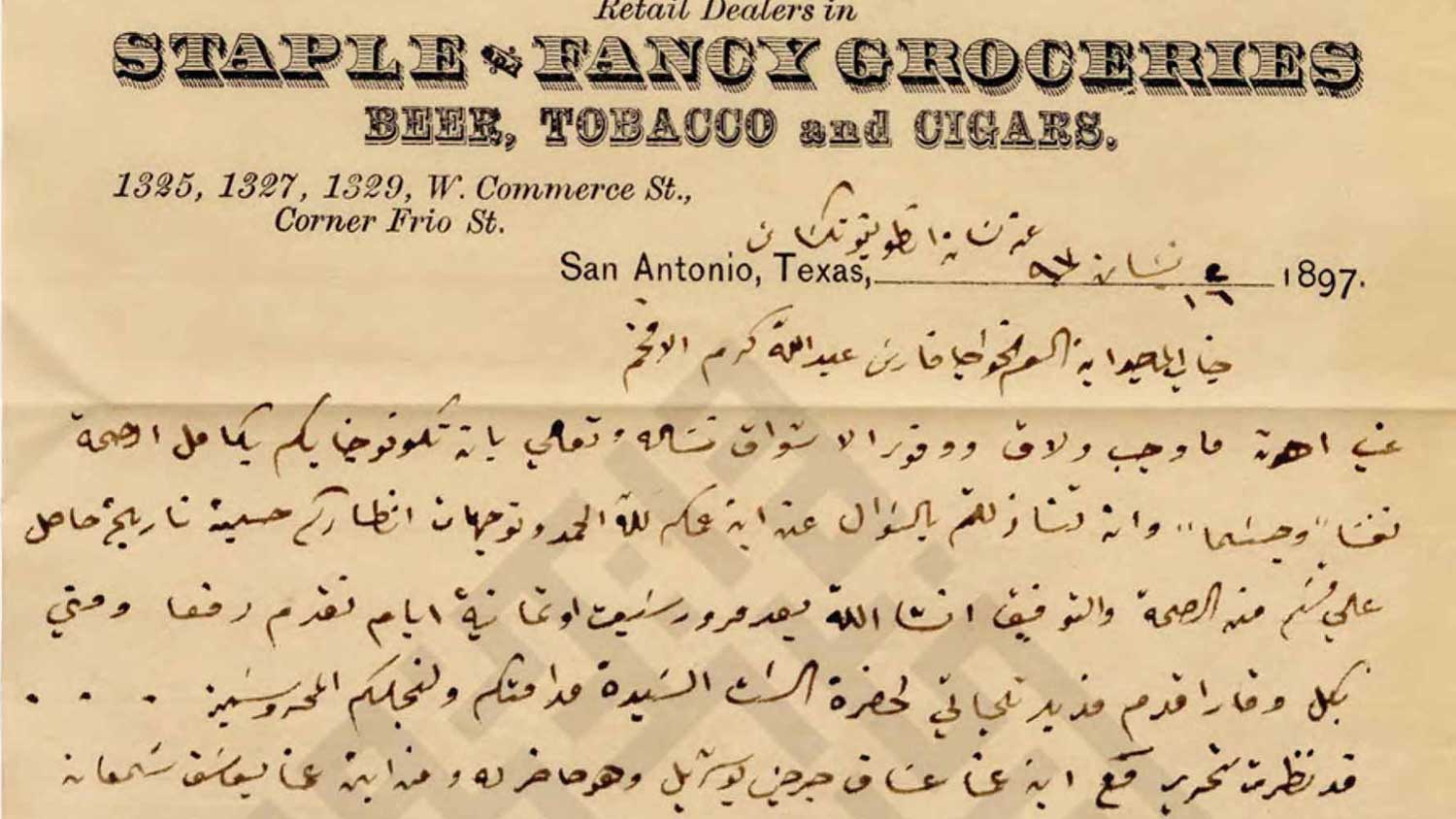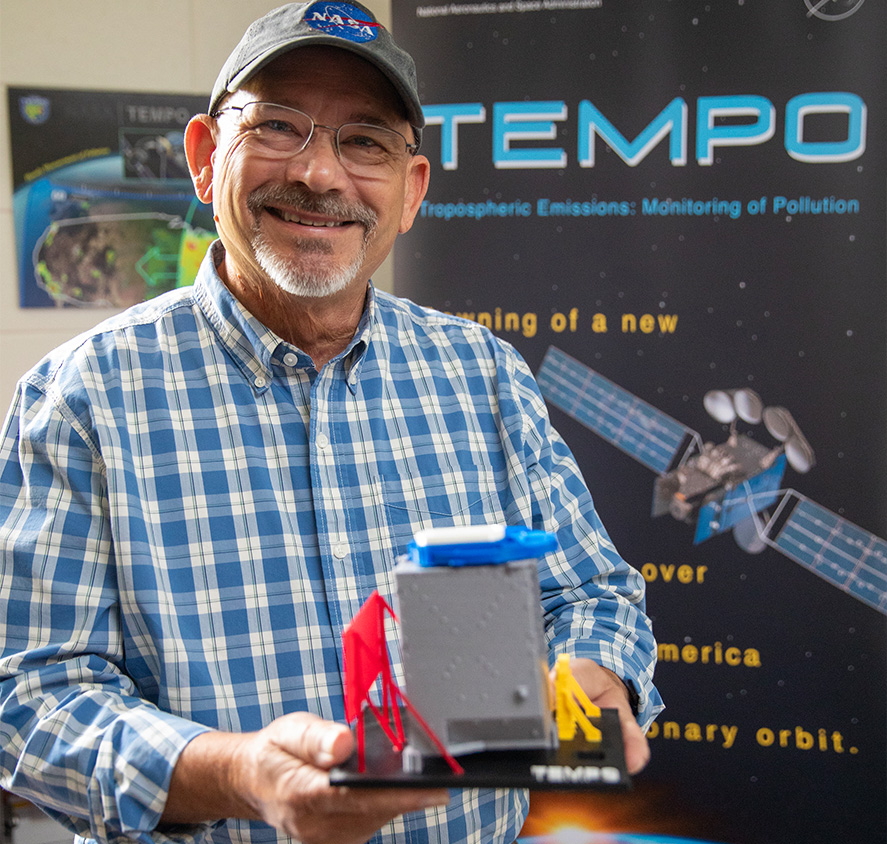The Write Stuff
NC State center receives a half-million dollar grant to digitize handwritten Arabic texts.

In 2018, NC State’s Moise A. Khayrallah Center for Lebanese Diaspora Studies launched a project with the goal of creating the world’s largest digital database of searchable Arabic material. And last fall, the center received a $500,000 grant from the National Endowment for the Humanities (NEH) to help carry the project, named the Arabic Optical Character Recognition Project, to that finish line while also furthering the center’s work of detailing the lives of Arab immigrants.
For the last three years, an interdisciplinary team at the center has partnered with the university’s computer science researchers, digitizing 250,000 pages of Arabic sources primarily from North and South America, including newspapers, books and magazines that span from the 1880s to the 1960s. But with the help of the NEH grant, researchers will increase that total to 1 million pages over the next three years by digitizing handwritten documents recorded in numerous Arabic scripts and collected by the center from people across the world.

Akram Khater, director of the Khayrallah Center and professor of history, says those sources include letters revealing firsthand insight into the immigrant experience of the Arab people, a perspective, he says, that’s often lacking. “Rarely do we see them as brothers and sisters and husbands and wives, as people who are experiencing loneliness and difficulties, who are falling in love and falling out of love, whose sexuality is being explored,” Khater says. “All of these elements about them just come up. And they become very complex individuals that, in essence, that term ‘immigrant’ drops out and they become a human being.”
- Categories:


